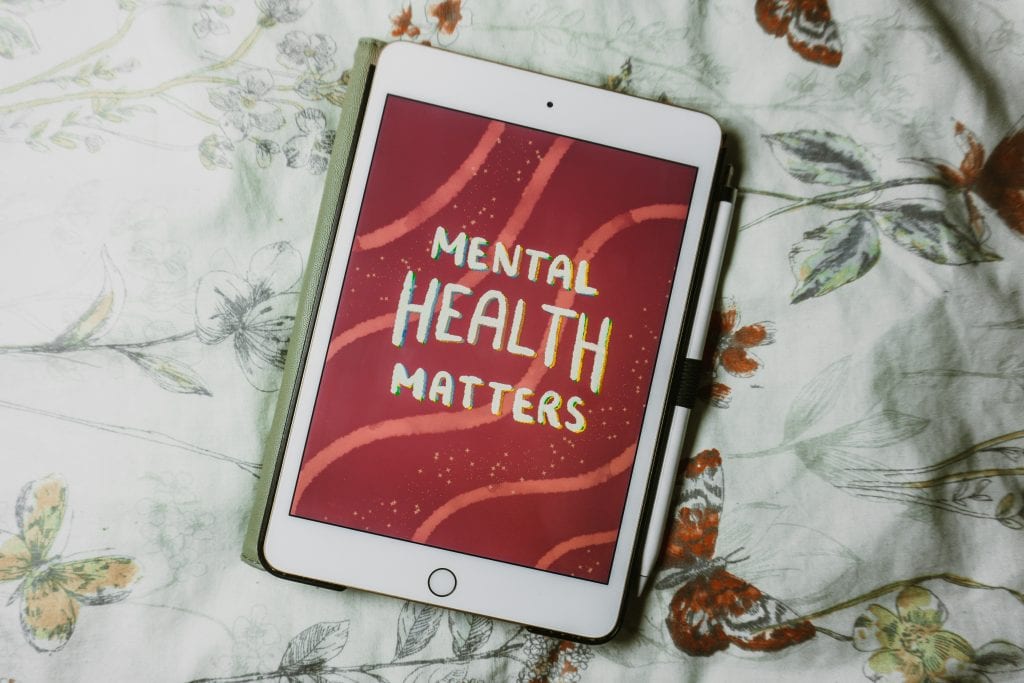theteam@theeducationhub.org.nz
Postal Address
The Education Hub
110 Carlton Gore Road,
Newmarket,
Auckland 1023
Wellbeing and good mental health are essential to students’ engagement and achievement at school.

Guidance on how to support the mental health and wellbeing of students aged 11-15.

Understanding the additional mental health needs of neurodivergent students.

A closer look at the specific mental health and wellbeing needs of students in their upper teens.

Coming in July 2026
This webinar with Dr Madeline Hayward and Dr Seungyeon Kim will share some of the key findings from Koi Tū’s long-running research in youth mental health and wellbeing. With a focus on strategies and practical tools that schools can implement at the policy, whole-school, and classroom level to embed positive mental health support into the everyday life of the school, this session is designed to help school leaders and teachers take a practical, evidence-based approach to student wellbeing.

Researcher and medical doctor Dr Chris Jenson discusses his research into providing effective mental health and wellbeing support for students by embedding it into existing curricula and learning programmes

Dr And Pasley discusses why all children deserve to be affirmed for who they are and how gender affirmation might become a space where teachers and students can unpack differences in the classroom and support all children to explore how they want to be in the world

Dr Tracy Stewart explores what is meant by emotional regulation and discuss practical strategies that teachers can use to support emotion regulation skills in the classroom. She will also discuss her new, not yet published, research, in which she is working together with teachers to co-develop emotion regulation skills that are embedded directly into classroom practice.

Dr Jess Stubbing shares her expertise as both a researcher and Clinical Psychologist to help teachers and schools know how they can best support student mental health and wellbeing

Key insights from a webinar with Dr Chris Jenson.

Key insights from a webinar with Dr Ampersand Pasley.

Key insights from the webinar with Dr Tracy Stewart.

Key insights from the webinar with clinical psychologist Dr Jess Stubbing on supporting students' mental health and wellbeing.

An introduction to a new approach to supporting students' mental health within learning programmes.